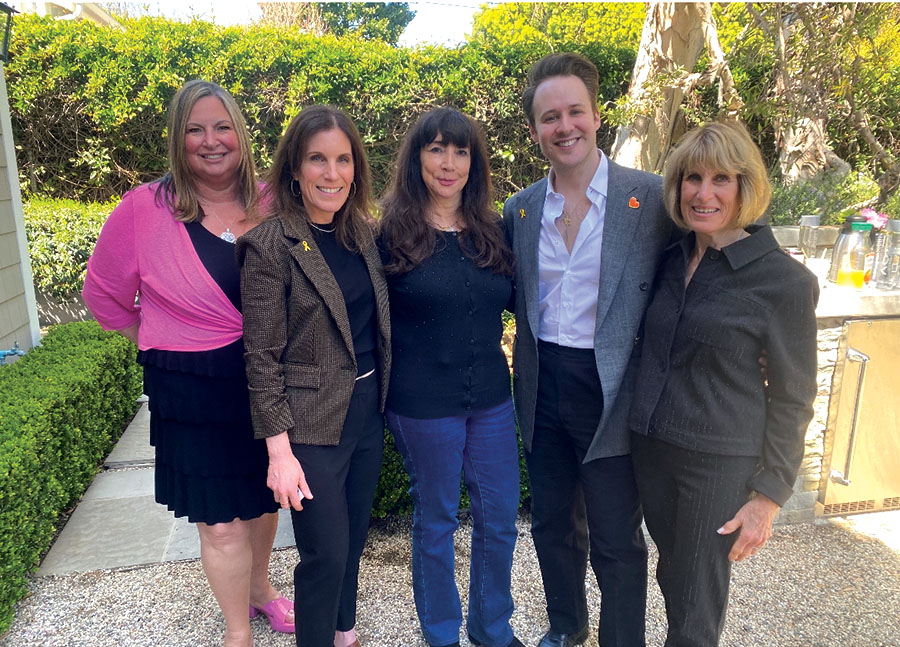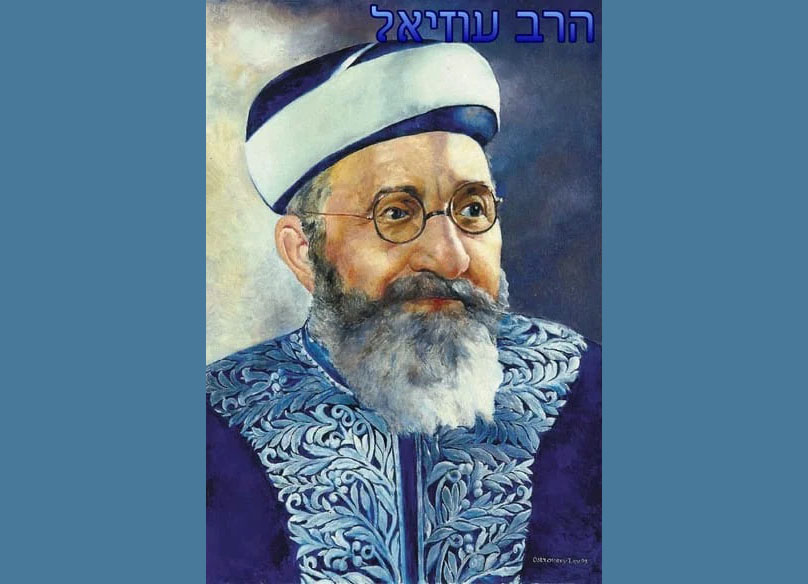President Barack Obama spoke by telephone on Thursday with Israeli Prime Minister Benjamin Netanyahu and urged him to resume peace talks with Palestinians, the White House said in a statement.
The telephone call was part of regular consultations between the two leaders, the White House said, but came as U.S. Secretary of State John Kerry visited the region to try to help restart talks that stalled in 2010.
“The President encouraged Prime Minister Netanyahu to continue to work with Secretary Kerry to resume negotiations with the Palestinians as soon as possible,” the White House said, noting the leaders also talked about security issues in Egypt, Iran and Syria.
Palestinian leaders put off a decision on Thursday about restarting peace talks with Israel, with most saying Israel must first meet their terms before negotiations can start, a Palestinian official said.
President Mahmoud Abbas had gathered fellow PLO leaders in Ramallah to discuss his meetings with U.S. Secretary of State John Kerry this week. Kerry, who had extended his stay in the region in the hope of progress on resuming peace talks that stalled in 2010, will return to the United States on Friday.
No decision emerged from the Palestinians' gathering, one official who attended Thursday's meeting told Reuters, and Abbas formed a committee to present a formal response to Kerry's peace push on Friday.
“Most PLO officials who attended the meeting described Kerry's offer as not sufficient for resuming negotiations with Israel,” said the official, Qais Abdel-Karim.
The main sticking point seemed to be a Palestinian demand that Israel agree to negotiate on condition that the borders of a future Palestinian state would be based on boundaries drawn before a 1967 Arab-Israeli war.
Israeli Prime Minister Benjamin Netanyahu, whose rightist coalition government includes parties that back Jewish settlers on the West Bank and in East Jerusalem, says he wants to start peace talks immediately, but without preconditions.
“There is a general tendency among PLO officials to reject resuming negotiations before Israel recognizes the 1967 borders as a base for the peace process and for it to end settlement activity,” said Abdel-Karim.
Kerry has given no details on where he believes the two sides might give ground, though he said after meeting Abbas in Jordan on Wednesday that differences had narrowed “very significantly”.
KERRY TO FLY HOME FRIDAY
Earlier on Thursday, the State Department had said there were currently no plans to announce a resumption of Israeli-Palestinian talks and a senior U.S. official later said Kerry would fly home on Friday after consulting both sides again.
It was unclear if Kerry would see the parties in person on Friday or consult them by telephone.
“It is appropriate and encouraging that there is such a serious debate about these issues,” the senior U.S. official said in a brief emailed comment as the Palestinian discussions continued. “We understand that there are many strongly held views and appreciate efforts to find a basis to move forward.”
Making his sixth visit to the region since March, Kerry has not spelled out his proposals. But his efforts won the notable endorsement of the Arab League, which said they “provide the ground and a suitable environment to start negotiations”.
Kerry has highlighted a 2002 offer made by the 22-nation League to make peace with Israel in return for a Palestinian state broadly inside borders that existed before the West Bank, Gaza Strip and East Jerusalem in 1967.
An Israeli official, briefing anonymously, said Israel had agreed to a new wording on future border negotiations. However, a Netanyahu spokesman denied there had been any change in Israel's position.
ARAB SUPPORT
The Arab League confirmed this week that it was willing to consider swapping some land on either side of the 1967 borders, bringing it closer to Israel's position. Israel says the old borders are indefensible and that some West Bank settlement blocs should be incorporated into Israel.
Abbas, whose peace strategy is opposed by the Islamist group Hamas which rules the Gaza Strip, has sought Arab League support in the past to engage Israel. It was not clear if Wednesday's endorsement gave him enough political cover to resume talks.
Hamas's leader in Gaza, Ismail Haniyeh, called Kerry's efforts “a waste of time”.
Abbas had convened senior members of the umbrella Palestine Liberation Organisation (PLO) and his Fatah party in Ramallah, hub of the West Bank and seat of his U.S.-backed self-rule administration.
Before Thursday's meeting, Palestinian officials seemed pessimistic. They appeared to allude to reports that Kerry's formula lacked any mention of stopping settlement construction but might include a reference to Palestinian recognition of Israel as a Jewish state – something they never have accepted.
Negotiations, which have ebbed and flowed for two decades, last broke down in late 2010, after a partial settlement halt meant to foster talks ended and Netanyahu refused to extend it.
Palestinians familiar with Abbas's thinking speculated he might now forgo the call for a settlement moratorium given a recent slowdown in housing starts issued by Israel's government, though it may still be painful to roll back his previous demand.
Additional reporting by Arshad Mohammed in Amman, Noah Browning in Cairo, Allyn Fisher-Ilan in Jerusalem, and Nidal al-Mughrabi in Gaza; Writing by Dan Williams, Ari Rabinovitch and Arshad Mohammed; editing by David Stamp



















